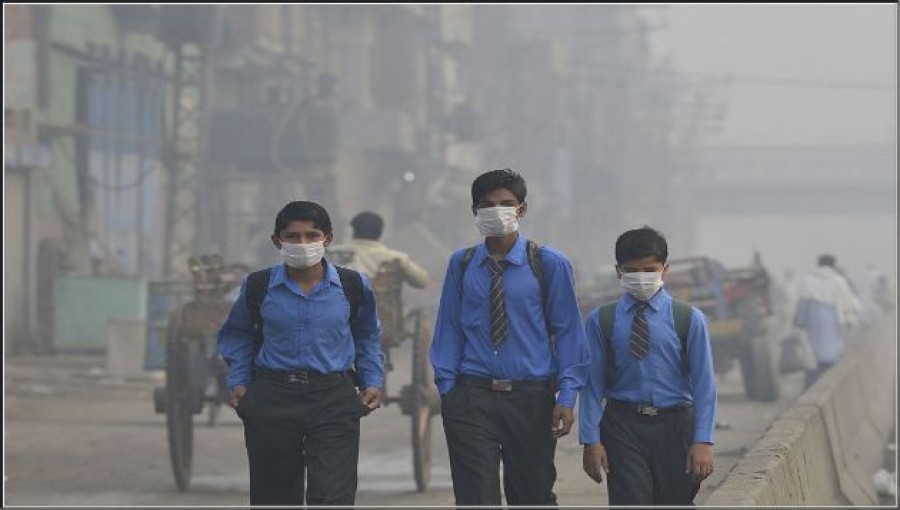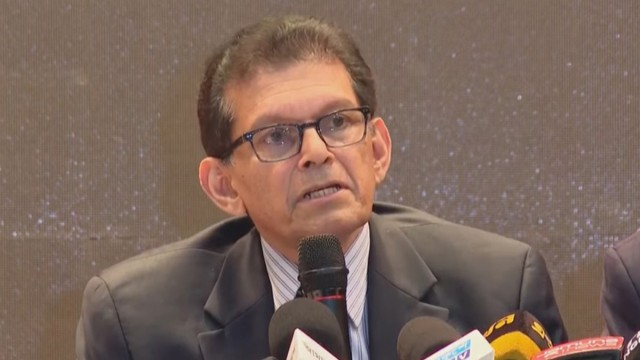This morning (Wednesday, April 17th), Dhaka's air quality was classified as 'unhealthy', with an air quality index (AQI) score of 159 recorded at 8:56 am. This ranking placed Dhaka as the 4th city with the worst air quality globally, following Lahore in Pakistan, Kathmandu in Nepal, and Delhi in India, which occupied the top three spots with AQI scores of 172, 167, and 163, respectively.
The AQI value of 159 for Dhaka falls within the 'unhealthy' range (151-200), indicating potential health risks for the general population. This highlights the pressing need for effective measures to address air pollution in the city.
In Bangladesh, the AQI is determined based on concentrations of five key pollutants: particulate matter (PM10 and PM2.5), nitrogen dioxide (NO2), carbon monoxide (CO), sulfur dioxide (SO2), and ozone. These pollutants are major contributors to air pollution and pose significant health risks.
Dhaka's air quality issues are often exacerbated during the winter months due to increased emissions from vehicles amd industrial activities. However, air quality typically improves during the monsoon season due to natural cleansing processes.
It's important to note that air pollution is a global public health concern, with the World Health Organization (WHO) estimating that it causes around seven million premature deaths annually. Health impacts of air pollution include increased risks of stroke, heart disease, lung cancer, and respiratory infections.































Comment: